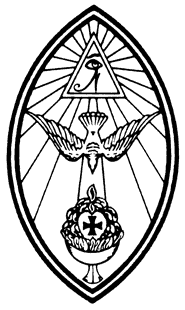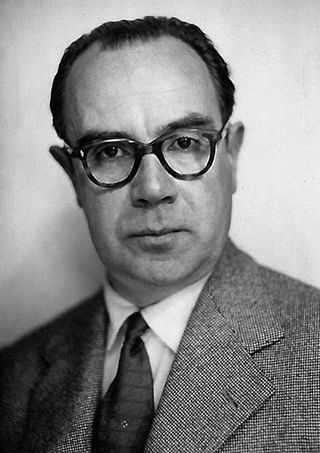Gnostic church may refer to a variety of Gnostic religious organizations. Various Gnostic churches include:
Ecclesia may refer to:

Ordo Templi Orientis is an occult secret society and hermetic magical organization founded at the beginning of the 20th century. The origins of O.T.O. can be traced back to the German-speaking occultists Carl Kellner, Theodor Reuss, Heinrich Klein, and Franz Hartmann. In its first incarnation, O.T.O. was intended to be modelled after and associated with European Freemasonry and as such in its early years only Freemasons could seek admittance.
Sophia means "wisdom" in Greek. It may refer to:
Ecclesia Gnostica is an open sacramental neo-Gnostic church based in the United States. It has ordained clergy and conducts regular sacramental services, including two weekly Masses, as well as monthly and seasonal services in accordance with the liturgical calendar. It has active parishes in Seattle, Portland, Austin, and Los Angeles.

Stephan A. Hoeller is an American author, lecturer and neo-Gnostic bishop.
Ecclesia Gnostica Catholica (E.G.C.), or the Gnostic Catholic Church, is a Gnostic church organization. It is the ecclesiastical arm of Ordo Templi Orientis (O.T.O.), an international fraternal initiatory organization devoted to promulgating the Law of Thelema.
Aleister Crowley wrote The Gnostic Mass — technically called Liber XV or "Book 15" — in 1913 while travelling in Moscow, Russia. He described it as representing "the original and true pre-Christian Christianity." The structure is similar to the Mass of the Eastern Orthodox Church and Roman Catholic Church, communicating the principles of Crowley's Thelema. It is the central rite of Ordo Templi Orientis and its ecclesiastical arm, Ecclesia Gnostica Catholica.
Gnosticism in modern times includes a variety of contemporary religious movements, stemming from Gnostic ideas and systems from ancient Roman society. Gnosticism is an ancient name for a variety of religious ideas and systems, originating in Jewish-Christian milieux in the first and second century CE.
A Gnostic Mass is a liturgical Mass administered by a Gnostic church. There are several such churches, each with its own version of the Mass. Some of them are:
Sam Webster is an American writer, founder of Concrescent Press, and an advocate for open source religion—the use of the open source paradigm in the field of spirituality. He is a Thelemite, a member of the Golden Dawn tradition, Bishop Tau Ty of Ecclesia Gnostica Universalis, and an initiate of Wicca.
EGC may refer to:

JeanBricaud, also known as Tau Jean II, was a French student of the occult and esoteric matters. Bricaud was heavily involved in the French neo-Gnostic movement. He was consecrated a Gnostic bishop on 21 July 1913 by bishop Louis-Marie-François Giraud. He was the Patriarch of the Église Gnostique Universelle and a central figure in the various lines of the apostolic succession of subsequent Gnostic churches, as well as a spiritual heir of Jules Doinel. From 1916 he was head of the Ordre Martiniste. He was a friend of the occultists Papus and August Vandekerkhove.
Jan Valentin Sæther was a Norwegian figurative painter, sculptor and gnostic priest. He was professor of figurative painting at the National Academy of the Arts in Oslo between 1996 and 2002.

The Neo-Luciferian Church is a Gnostic Luciferian organisation with roots in Western esotericism, Thelema, and magic.
Many cultures practice or have practiced initiation rites, including the ancient Greeks, the Hebraic/Jewish, the Babylonian, the Mayan, and the Norse cultures. The modern Japanese practice of Miyamairi is such a ceremony. In some, such evidence may be archaeological and descriptive in nature, rather than a modern practice.
In many Gnostic systems, various emanations of God are known by such names as One, Monad, Aion teleos, Bythos, Arkhe, Proarkhe and as Aeons. In different systems these emanations are differently named, classified, and described. In Basilidian Gnosis they are called sonships ; according to Marcus, they are numbers and sounds; in Valentinianism they form male/female pairs called syzygies.

Robert Ambelain was a French essayist. He was involved in the esoteric Masonic Martinist movement and claimed to have revived the Primitive Scottish Rite. He has written several works, such as The Masonic Secret, in which he tells the most relevant aspects of Masonic lodges.

The Gnostic Church of France is a neo-Gnostic Christian organisation formed by Jules Doinel in 1890, in France. It is the first Gnostic church in modern times.
Ecclesia Pistis Sophia, also known as the Sophian Fellowship or simply The Fellowship, is a Gnostic church organization based in the United States.